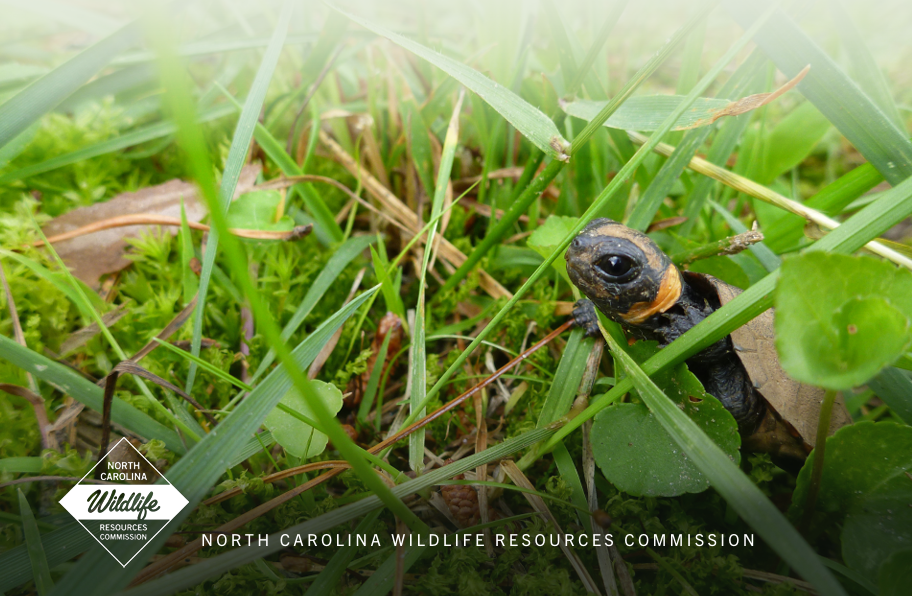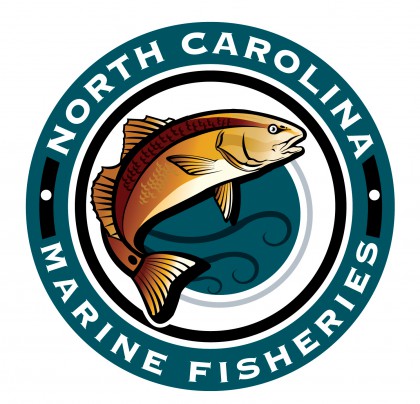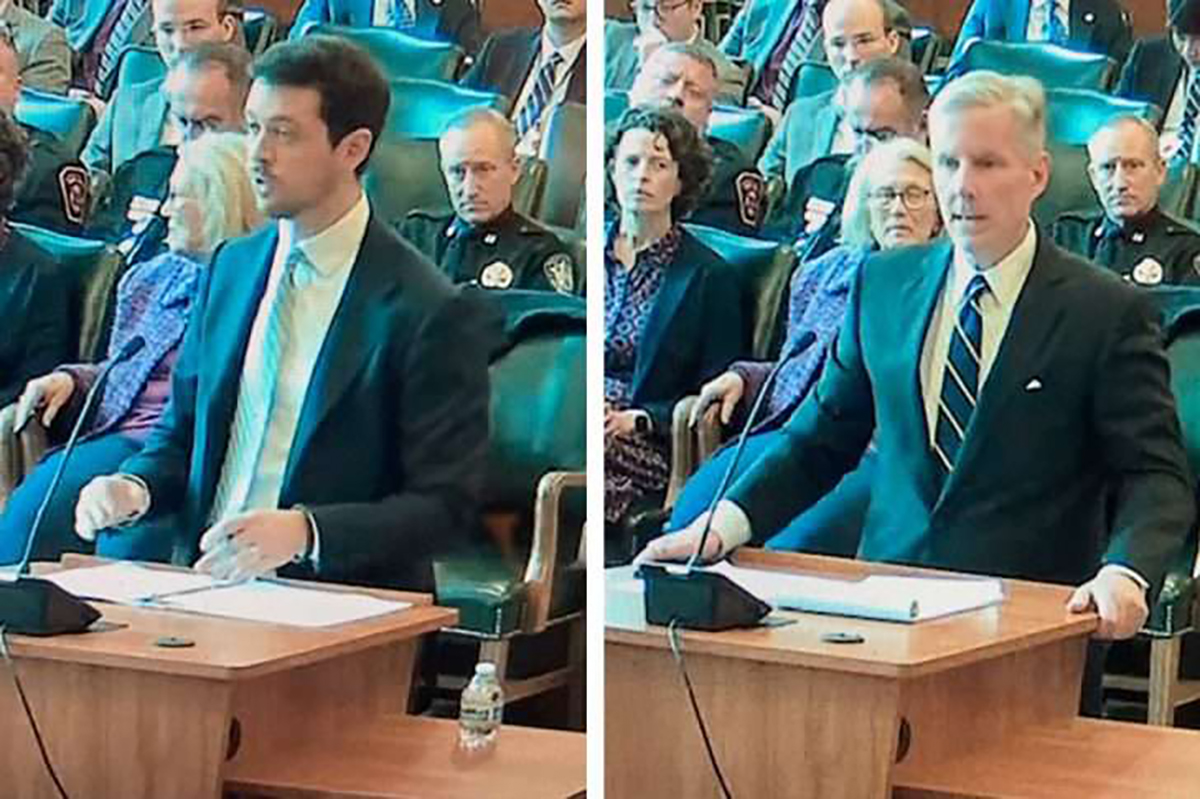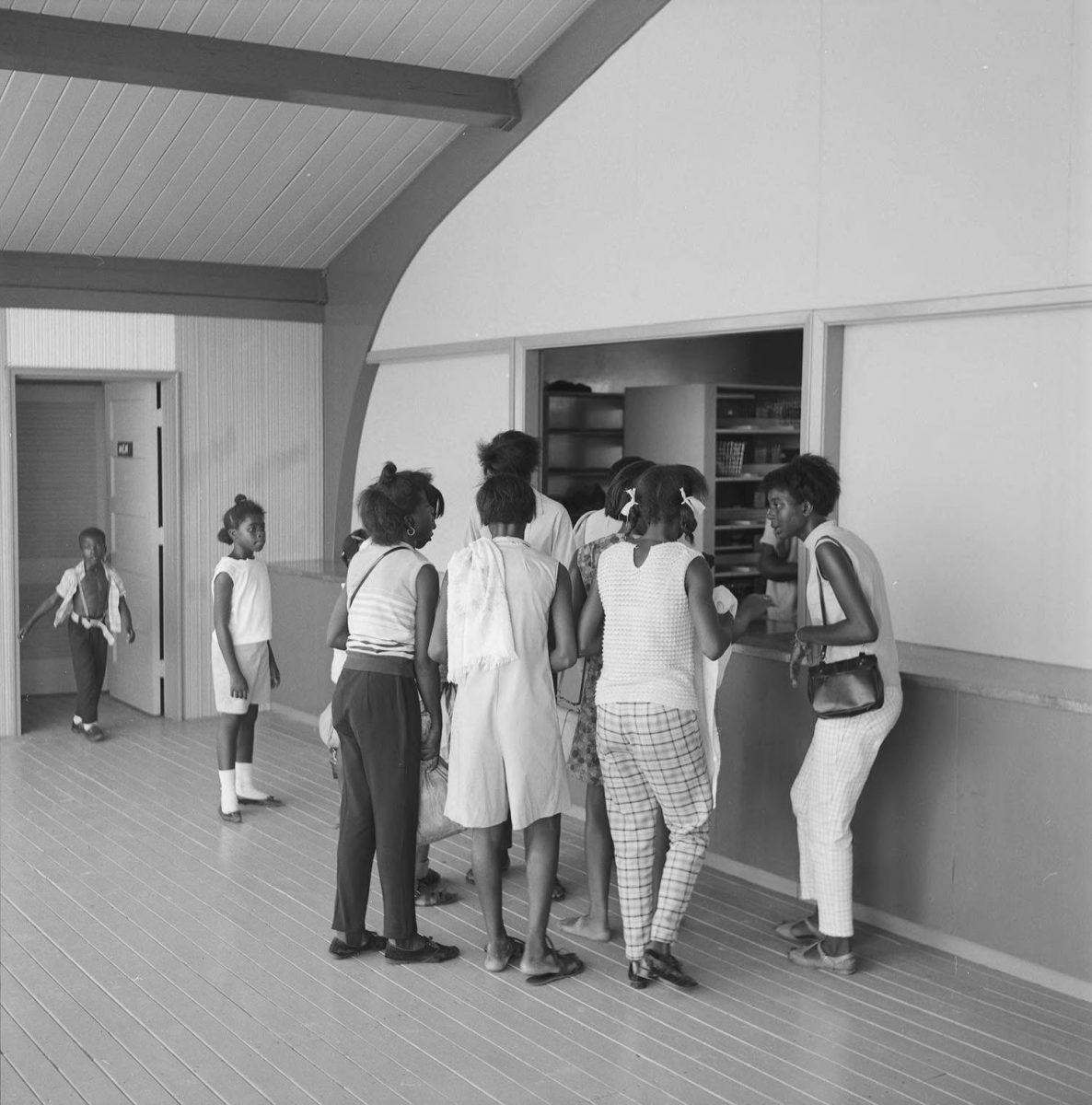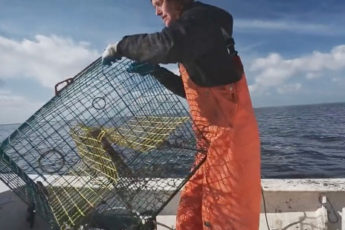
This week 76 commercial watermen are expected to go to work hauling in lost and derelict crab pots in sounds along the state’s coast as part of the Lost Fishing Gear Recovery Project.
In its fifth year, the project is a partnership between the North Carolina Coastal Federation and the North Carolina Marine Patrol.
Supporter Spotlight
The General Assembly appropriated $100,000 for this project with additional funding coming from the National Oceanic and Atmospheric Administration Marine Debris Program, which is being used to support shoreline cleanups and other activities related to this project.
The federation received funding from NOAA from 2014-2016 to hire commercial watermen to recover lost crab pots from northeastern North Carolina coastal waters during the no-potting period, when all crab pots must be out of the water due to fishing regulations, according to a release from the federation. Pots typically become lost due to large weather events. Lost pots can get hung up in man-made structures such as bridges, or they can drift into channels over time, increasing the likelihood of buoy detachment by vessel traffic.
The project was able to expand statewide in January 2017 to all three Marine Patrol districts because of ongoing funding from the General Assembly. During the 2017 project, a total of 4,304 pots were removed by 72 watermen along the coast.
The federation this year has hired 76 watermen, including captains and mates, to assist with the on-water cleanup. Commercial watermen are able to predict where lost pots may end up based on shifting currents and tides, and this project also creates jobs during a slower time of the year due to colder waters and the multi-week crabbing closure.
“Thank you to the North Carolina Coastal Federation and our representatives in the General Assembly for including watermen in this project,” said KP Scott, a commercial waterman from Hatteras. “Crab pots are expensive and nobody ever wants to lose any, but hurricanes and nor’easters claim quite a few. This cleanup is a big job and we are very grateful to be included.”
Supporter Spotlight
Once the pots are collected, they are recycled to the extent possible.
Sara Hallas, coastal education coordinator for the federation and project leader, said she’s excited to clean up the waterways and create opportunities for work during this time of the year. Hallas is managing the cleanup in Marine Patrol District 1, which covers the northern coast from the Virginia state line to Ocracoke.
“We’re thankful to the General Assembly for their continued support, which is vital to the success of the project,” Hallas said. “This project also wouldn’t be possible without the support of community organizations and our commercial watermen, who have consistently expressed that helping with this project and protecting waterways is important to them.”
Bree Charron, coastal specialist and project manager in the central coast region, is managing the project for Marine Patrol District 2, which includes the central area from Pungo River, Neuse River, New Bern and Morehead City to Emerald Isle. She echoed Hallas’s comments.
“The General Assembly’s support is vital to the success of this project, as the cleanup would not have expanded statewide without it,” Charron said in a statement. “The additional funding and statewide scope also means we can continue to hire more commercial watermen, who continue to be great local partners.”
Jessica Gray, coastal outreach associate and project manager for the southeast North Carolina Coast region, said she’s excited for this project to enter its second year in Marine Patrol District 3, which covers the southern region of the coast from the southern area of Cape Carteret, the New River, the Cape Fear River and from Wilmington to the South Carolina line.
“This will be the second year that this project has included the southeast coastal region, or Marine Patrol District 3,” Gray said. “Without funding from the General Assembly, the wider project scope would not be possible, and we’re thankful that they continue to recognize the value of this project.
This project is part of the federation’s overall marine debris reduction campaign. The federation’s Ocean office is kicking off this campaign with a cleanup at Hoop Pole Creek in Atlantic Beach on Jan. 20.



